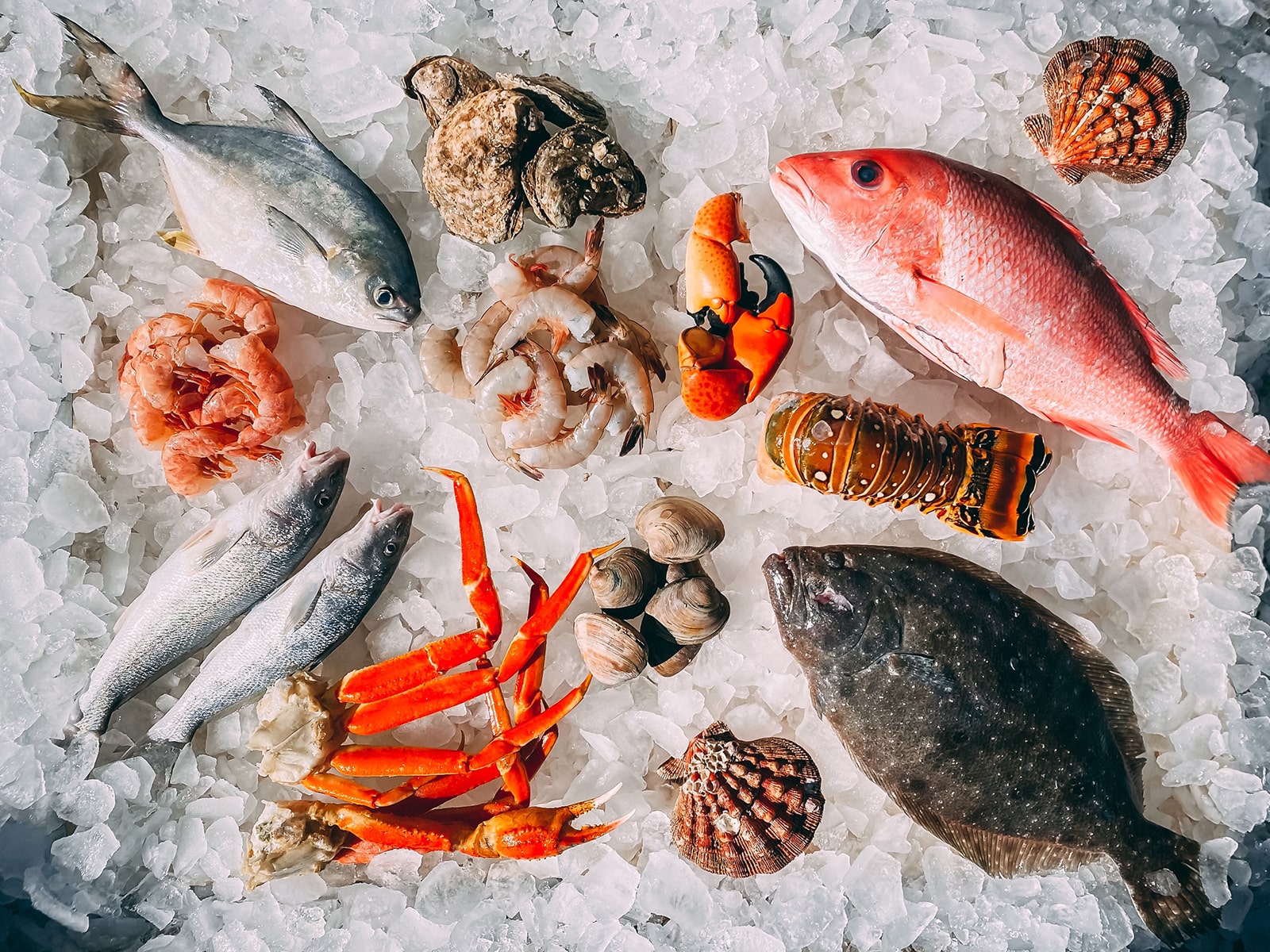Why you Need to Stop using Hand Sanitizers
Looking to boost your immunity and overall health? You should stop using hand sanitizers.
Hand sanitizers are a very popular and widely used personal hygiene product. They’re convenient and portable, especially if you don’t have access to a sink to wash your hands as often as you’d like.
The problem is that, hand sanitizers are actually not as safe as we’d been lead to believe.
Bacterial resistance is by far by biggest concern when it comes to the overuse of any anti-bacterial compound- this includes hand sanitizers as well as anti-bacterial soap.
A wave of research has recently confirmed not only the extent of the importance of “good” bacteria for our health, but has also elaborated on the complexities of this microbiome. Not only are these important bugs in our mouth and GI tract, but they also line our skin and airways and reproductive organs. We’re quite literally swarming with bacteria- and this is a very good thing.
Watch the video below for a great explanation of the roll of bacteria and the microbiome
Having an extensive microbiome protects our immune system, fights off infections, maintains good digestion and even affects our cognitive ability and mood. That’s why it’s very important to eat fermented foods full of probiotics, fiber rich foods and/or to take supplements to maintain this delicate balance.
Hand sanitizers (and anti-bacterial soaps for that matter) don’t discriminate in killing bad bacteria and good bacteria. That means any time you use it, you’re killing off precious beneficial bacteria and actually increasing your risk of infection.
Many use hand sanitizers in an attempt to avoid catch the flu or a cold. However, remember those are both caused by viruses and not bacteria- so anti-bacterial sanitizers are ineffective. So when we weaken our immune system by killing off good bacteria, we’re actually more susceptible to viral infections.
As if that’s not bad enough, overuse of anti-bacterial products also contributes to overall bacterial resistance. This means though it may kill off many bacteria, it leaves behind some of the stronger strains to reproduce and proliferate. With no other strains to compete with, this then leads to “super bugs” that can cause dangerous infections that are less susceptible to antibiotic treatment. Scientists and healthcare providers are predicting that if we continue to overuse antibiotics (in soaps, sanitizers, medication and animal feed) we may inadvertently create superbugs faster than new antibiotics to treat them (you can read the CDC’s report here).
Bacterial balance isn’t the only reason to ditch hand sanitizers, here are some others:
- Parabens are not unique to hand sanitizers, they are regularly added to soaps, shampoos, body washes and other self care products. These chemicals are hormone disruptors and have been linked to cancer, infertility, skin rashes among other health issues.
- Triclosan is often added to a variety of products- including hand sanitizers- to prevent bacterial contamination. However the safety of Triclosan has not been conclusively determined yet by the FDA. Furthermore, the extent of resistance potential has also yet to be determined.
- Fragrances added to hand sanitizers (and other cosmetics) can contribute to toxicity and allergies, dermatitis as well as more serious conditions like hormone balance
Still feel like you need to have something on hand for quick clean up? Check out these awesome natural alternatives:
- Homemade Handsanatizer- uses tea tree oil and which hazel as the active ingredient
- Dr. Bronner’s Magic Organic Hand Sanitizing Spray Organic, Fair Trade, Ethically manufactured (I’m a big fan of this line for the record). The anticeptic properties come from alcohol.
- Burt’s Bee’s hand sanitizer – Active ingredients are tea tree oil and ethanol.
- EO Organic Hand Sanitizer
Check out more of my personal care product picks in the Farmacy Favorites section.
But keep in mind- nothing replaces proper hand washing technique. The act of rubbing your hand together under running warm water for at least 20 seconds is actually much more effective than any antiseptic product.
For more about probiotics, maintaining a healthy microbiome and probiotics check this blog here, and this one over here.
So what do you think? Are you ready to stop using hand sanitizers? Why or why not?
How to Avoid Mercury in Seafood: A Fishy Situation
Though increasing fish in your diet is good, it’s important to avoid mercury in seafood.
Increased intake of mercury has been linked to various health concerns, including:
- Cardiovascular damage, high cholesterol and high blood pressure.
- Damage to the nervous system, memory and brain “fog.”
- Increased incidence of auto-immune disease including psoriasis, eczema, rheumatoid arthritis.
- Increased allergic potential to seasonal triggers as well well as increased food sensitivities.
A major source of mercury intake is seafood. But we’ve know that eating fish is good source healthy fats and protein, so the question is: How do we avoid mercury in seafood?
I don’t suggest you avoid fish all together, but I do suggest you choose your fish wisely!
Here are some great recommendations by Dr. Mark Hyman:
-
- When possible, eat fish either farmed or caught with sustainable, restorative, regenerative practices. Check out www.cleanfish.com to find out which brands and companies to choose from.
- Stay away from toxic or endangered fish. Use the Natural Resources Defense Council’s wallet card when choosing fish.
- Eat from the lowest mercury fish group and avoid the rest, except for a treat a few times a year if you must. Also, their warning about farmed salmon is only relevant to “feedlot fish” — not sustainably raised salmon such as Loch Duart Scottish Salmon.
- Omega-3 fats are essential for the functioning of every cell in your body and 90 percent of us do not consume enough of them. Read more about the health benefits of omega-3s.
- If you are omega-3 fat deficient, take purified fish oil, at least 1,000-2,000 mg of EPA/DHA a day.
- Watch me on “The Doctor Oz Show” to learn more about omega-3 fats, home testing and what fish oil supplements to take.
You can read the rest of that highly informative blog HERE. You’ll find out more about the challenges we face in fish ecology as well as what some organizations are doing to help.
For those who are more visual, below I’ve included a handy graphic from Fix that summarizes best practices for safe fish consumption very clearly.

Source: Fix.com
Should I Choose Organic? Does it make a difference?
Short answer, yes.
But organic isn’t always cheap. And for many, it’s harder to find. Though more and more supermarkets and local grocery stores are beginning to carry organic produce and foods, it can still be a challenge to stock up on organic.
As challenging as it is, why should you consider shopping for organic?
Dairy and meat
If you’re going buy anything organic, then opt for your animal meats and dairy. The problem with traditionally raised animals is that they are routinely injected with hormones (rBST) to help with growth and increased milk production. Also, they’re fed GMO (genetically modified) feed and grains that aren’t part of the animal’s typical diet. They are also given antibiotics on a prophylactic basis (to prevent disease) which we then in turn get to ingest with our meal …yum! (If you haven’t already, check out The Meatrix for more on this.)
I emphasize choosing organic here because the practices in non-organic farms have been linked to producing animal meats and dairy that cause health concerns. These are a direct result of the poor health of the animals. These health risks include:
- Increased obesity
- High cholesterol
- Heart disease
- High estrogen levels in women and early puberty in girls
- Low testosterone in men
- Infertility
- Diabetes
- Inflammation
Produce
One of the main reasons to choose organic produce is pesticides. The stuff they spray traditional crops with has been shown to cause disruptions to digestion, the nervous system as well as oxidative damage to various organs.
GMO is another concern. An overwhelming majority of soy and corn used in the US is genetically modified. With huge controversy over the safety of GMO crops (check out this outstanding documentary Genetic Roulette for details), my personal recommendation is avoiding them till more studies can definitively prove they are healthier (not just safe). Organic produce cannot be genetically modified, so you’re safe choosing organic in this case.
My third concern involves the nutrient depletion of soil. Due to “modern” farming practices, the soil used to grow our produce has been stripped of the minerals needed to grow the most vital and nutrient dense foods. In fact, comparisons of nutrient content of veggies 50 years ago to today have shown that most conventionally raised crops today are less than half as nutritious as their counterparts from back then. Organic growing practices require soil rotation and fertilization practices that ensure more nutrient dense crop yield. Watch the video below for more on the effects of soil depletion:
So can you make organic more affordable?
If only money grew on (organic) trees. If you’re on a budget or having trouble going all organic, all the time, here are some ideas to help you maximize your dollar.
- If you have to pick, choose organic meat and dairy. Reduce your consumption and find high protein and calcium plant based foods like legumes, whole grains, leafy greens and nuts.
- Shop at the farmer’s market- you might be able to find local farmers who follow organic farming practices but are not certified. This means you can reap the benefits of local food without the price tag. Check out this helpful search engine to find one near you.
- Join a CSA. Check out this CSA resource.
- If you have to choose what to buy organic, choose smart! Use the EWG Dirty Dozen as a guide.
- Stick to real whole food- processed food is already more expensive and organic labels drive up the prices even more! Stick to foods that don’t come in packages, with labels and with ads.



